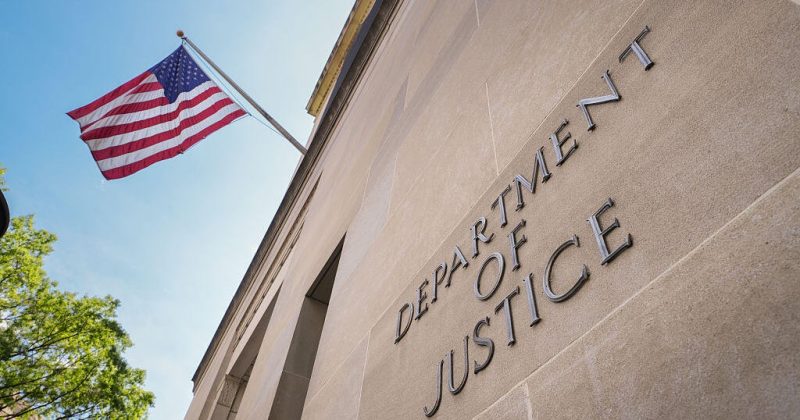
The Trump administration’s efforts to shrink the federal government left a significant mark on the Department of Justice (DOJ). A staggering 4,000 employees found themselves at a ‘fork in the road,’ forced to leave their positions as part of a controversial downsizing initiative. This mass exodus raises serious concerns about the long-term impact on the department’s ability to effectively perform its crucial duties. The scale of the departures is alarming, representing a considerable loss of experience and expertise across various branches of the DOJ.
Critics are already voicing their apprehension about the consequences of these cuts. The loss of so many employees could lead to a backlog of cases, slower investigations, and a diminished capacity to uphold the law. Concerns are particularly high regarding the potential impact on vital areas such as civil rights enforcement, national security, and the prosecution of complex financial crimes. The long-term implications for the American justice system remain uncertain, and the effects are likely to be felt for years to come.
While the administration may have justified these actions as a necessary measure to reduce government spending, the human cost is undeniable. Thousands of individuals lost their jobs, impacting not only their personal lives but also the stability of their families and communities. The full extent of the damage caused by these cuts may not be immediately apparent, but it’s a matter that warrants serious scrutiny and ongoing discussion.
The future of the DOJ, and the American justice system as a whole, hangs in the balance. The question now is whether the remaining employees will be able to shoulder the increased workload and maintain the integrity and effectiveness of the department amidst such significant personnel losses. This situation serves as a stark reminder of the far-reaching consequences of drastic government restructuring and the importance of considering the human element in policy decisions.










